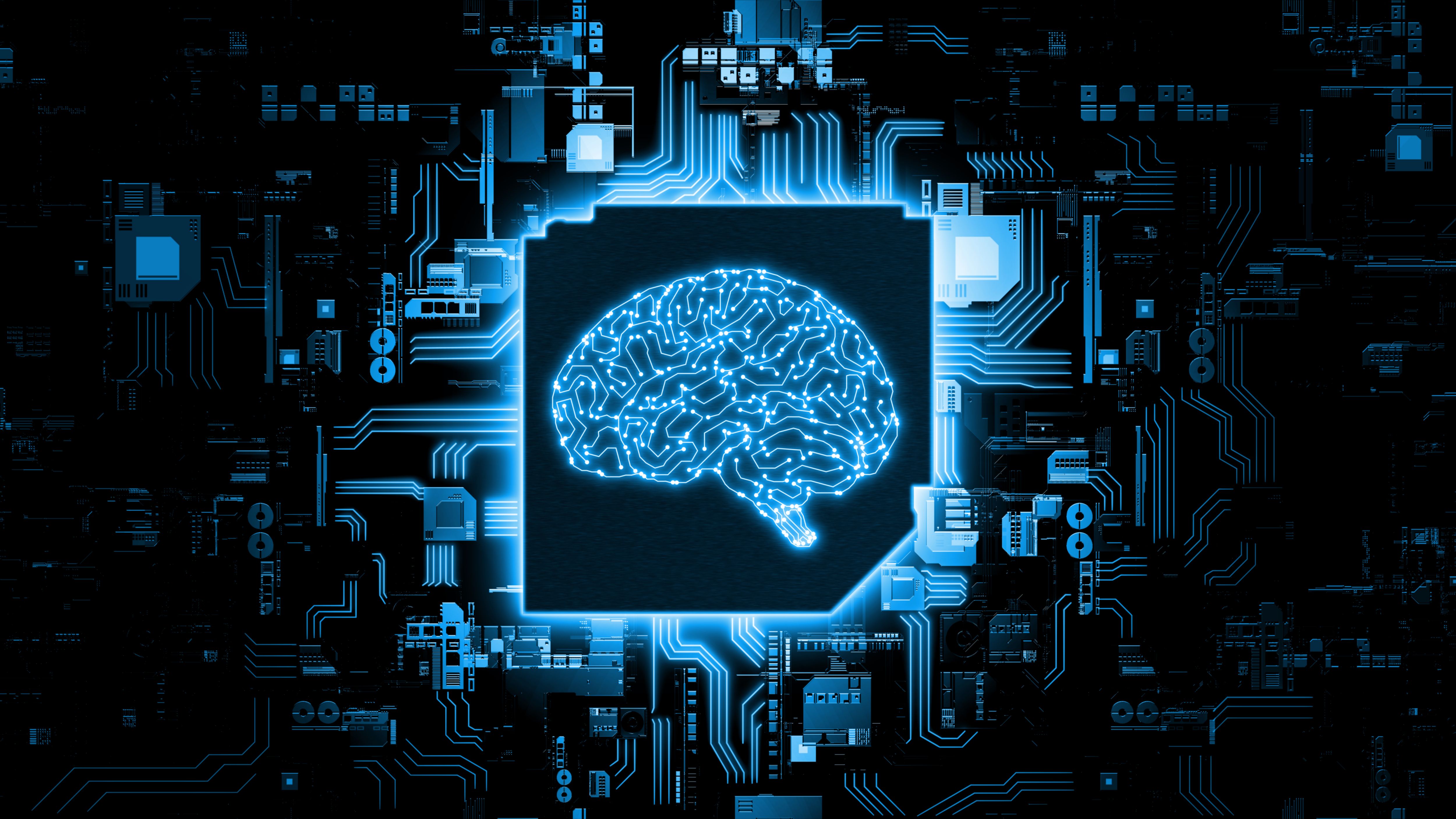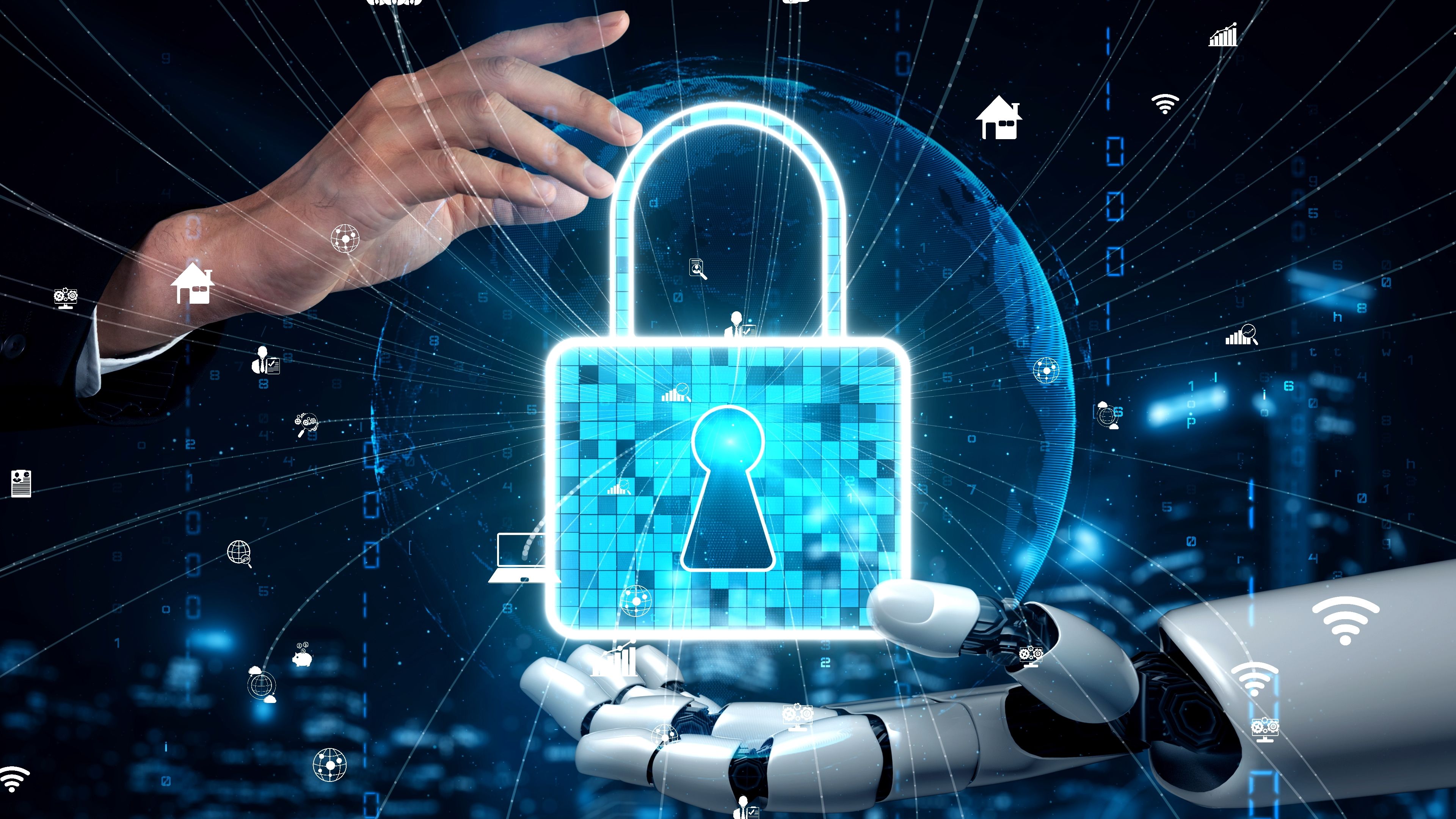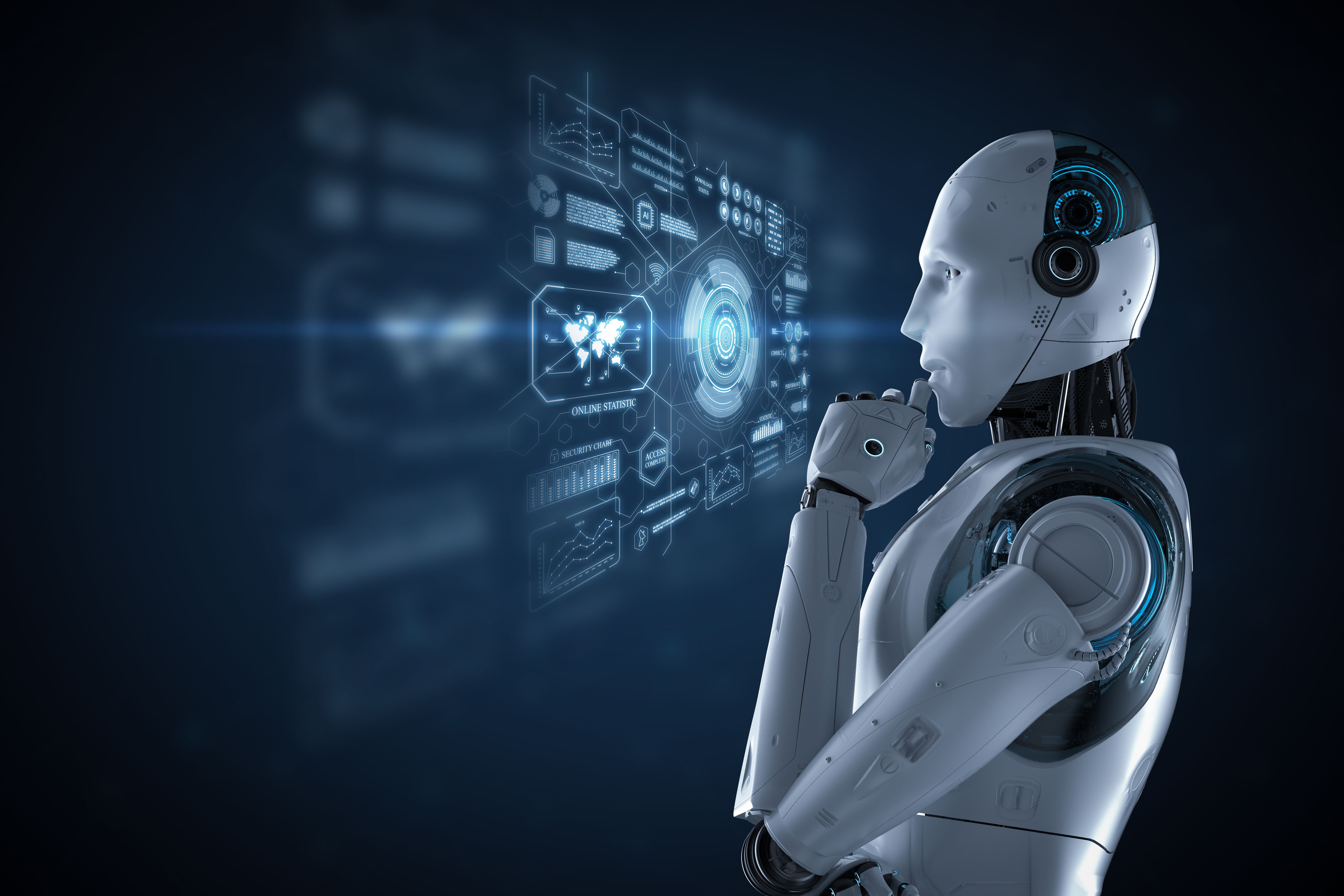OpenAI continues to lead the way in AI innovation with its latest milestone: the rollout of ChatGPT Memory.OpenAI Introduces Groundbreaking "Memory" Feature to ChatGPT. OpenAI is at the forefront of AI innovation, and its latest development is set to revolutionize how we interact with ChatGPT. The introduction of a "Memory" function is a game-changer, enabling ChatGPT to remember past conversations, preferences, and details, thus significantly enhancing user experience. This blog post delves into the intricacies of this new feature, its benefits, how users can control it, and the broader implications for the future of AI.
Enhancing User Experience with Memory

Streamlining Interactions: The primary aim of integrating memory into ChatGPT is to make interactions more seamless and personalized. Users will no longer need to repeat information in every conversation. This not only saves time but also makes the chatbot's responses more relevant and tailored to the individual's needs.
Personalized Conversations: With memory, ChatGPT can recall specific details, tone, voice, and formatting preferences from previous interactions. This capability extends to various applications, including writing blog posts and coding, where it can remember preferred programming languages and frameworks.
User Control and Privacy

Managing Memory Settings: OpenAI has introduced a "Manage Memory" settings dialog, allowing users to have complete control over this feature. Here's how it works:
- Toggling Memory: Users can choose to enable or disable memory at any time.
- Deleting Memories: It's possible to instruct ChatGPT to forget certain details or to wipe all memories altogether.
- Data Protection: For Enterprise and Team users, OpenAI has implemented measures to ensure that sensitive information, like health details, is protected unless explicitly requested to be remembered.
Understanding Memory Usage: It's important to note that memories are not tied to individual conversations. Thus, deleting a chat does not erase the associated memories. However, users can review what ChatGPT remembers and delete specific memories if desired.
Rollout and Feedback: The memory feature is initially available to a select group of users, with plans for a broader rollout in the future. OpenAI is keen on gathering user feedback to refine and improve the feature, ensuring it meets the needs and expectations of its diverse user base.
The Future of ChatGPT and AI

Expanding the Horizons of AI Interaction: The introduction of memory to ChatGPT paves the way for more complex and continuous interactions with AI. This means users can build a history with ChatGPT, allowing for conversations that evolve over time, akin to interactions with a human assistant who remembers past exchanges.
Potential Use Cases: Education: Students can have ongoing dialogues about their learning progress, with ChatGPT remembering past difficulties or topics covered.
Healthcare: Patients could receive personalized health advice based on previous interactions, with their consent and appropriate privacy protections in place.
Customer Service: Businesses can offer more personalized support, with ChatGPT recalling past issues or preferences, leading to improved customer satisfaction.
Broader Impact on Society: The memory function could significantly impact how we interact with technology, making our relationships with AI more personal and meaningful. It also raises important questions about privacy and data protection, underscoring the need for responsible AI development and usage.
OpenAI's Vision for AI's Future: OpenAI's initiative to enhance AI capabilities, including the ambitious goal to increase the global supply of computer chips, reflects a bold vision for the future. By making AI more efficient and personalized, OpenAI is not just advancing technology but also shaping how society will interact with machines.
Expert Insights on ChatGPT's Memory Feature
Dr. Jane Holloway, a professor of Computer Science specializing in artificial intelligence at Tech University, shares her enthusiasm for the development: "The introduction of a memory function in ChatGPT marks a significant leap towards more dynamic and context-aware AI systems. This innovation not only enhances user experience but also propels us closer to AI that can understand and interact with the world in a manner more akin to human cognition."
However, she also cautions about the potential risks: "While the benefits are clear, we must also be vigilant about privacy and ethical concerns. The ability of AI to remember personal information necessitates stringent data protection measures and ethical guidelines to ensure user trust and safety."
Looking Ahead
The introduction of memory in ChatGPT is just the beginning of exploring how AI can more closely mimic human cognitive functions. As Dr. Holloway notes, "The future of AI lies in its ability to form meaningful and context-rich interactions. Memory is a foundational step in this direction, but ongoing research and development are essential for realizing its full potential."
In conclusion, the development and implementation of the memory feature in ChatGPT involves overcoming significant technical challenges, from ensuring user privacy and data protection to maintaining the relevance and scaling of the system. The insights from experts like Dr. Holloway highlight the importance of this advancement and the need for continued vigilance and innovation as AI technologies evolve.
As OpenAI moves forward, the continued refinement of these capabilities, coupled with responsible AI practices, will be key to unlocking even more personalized and meaningful interactions between humans and artificial intelligence.

